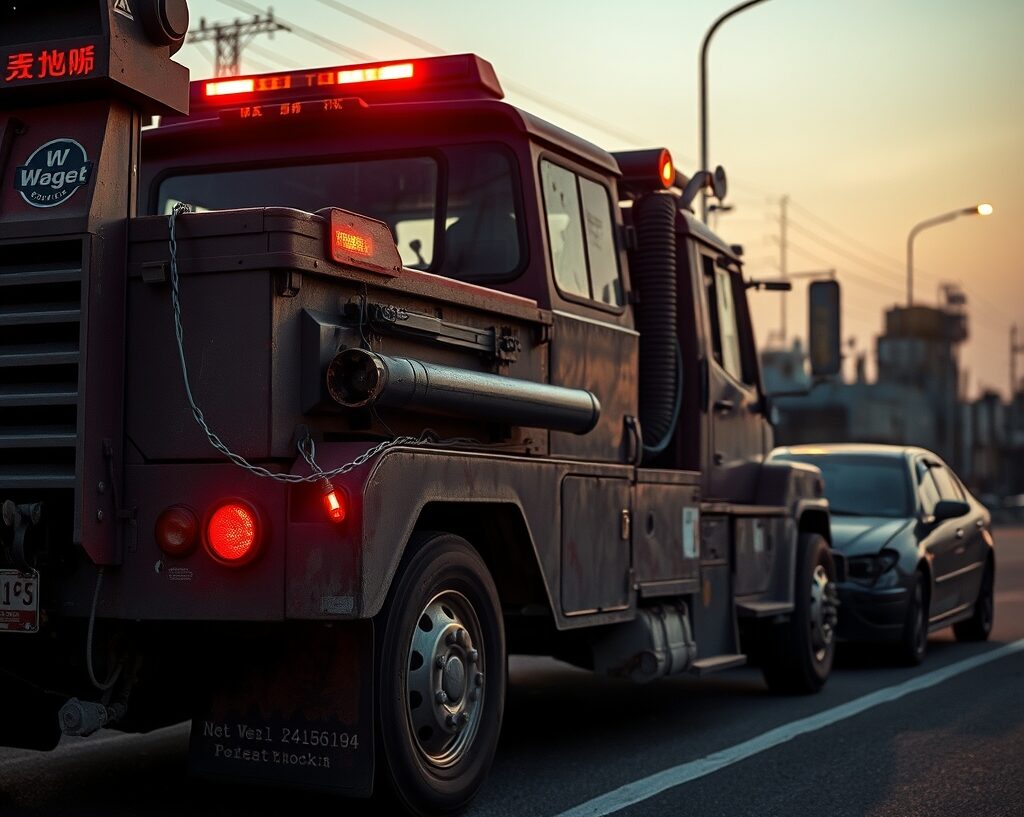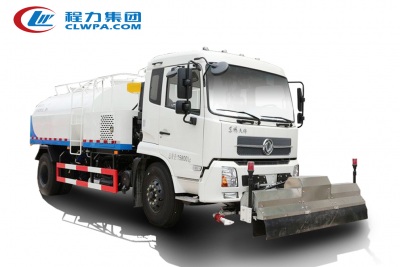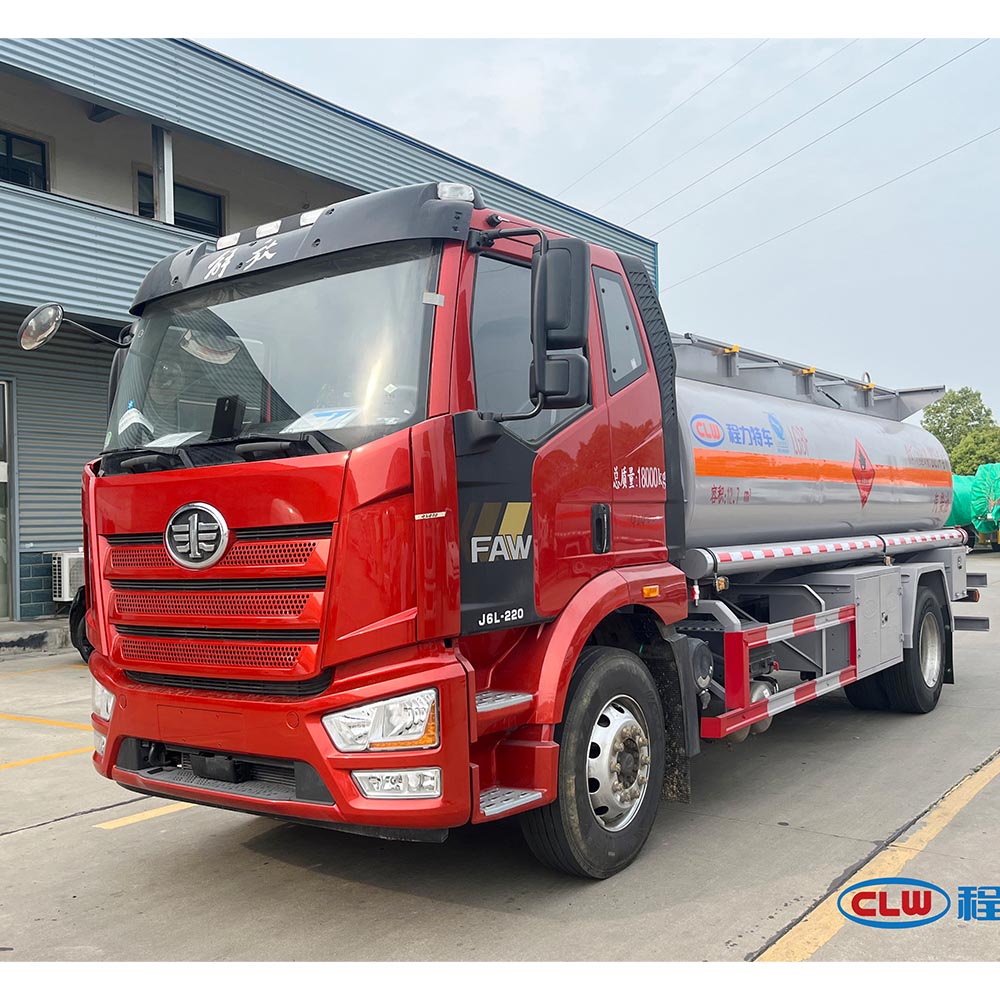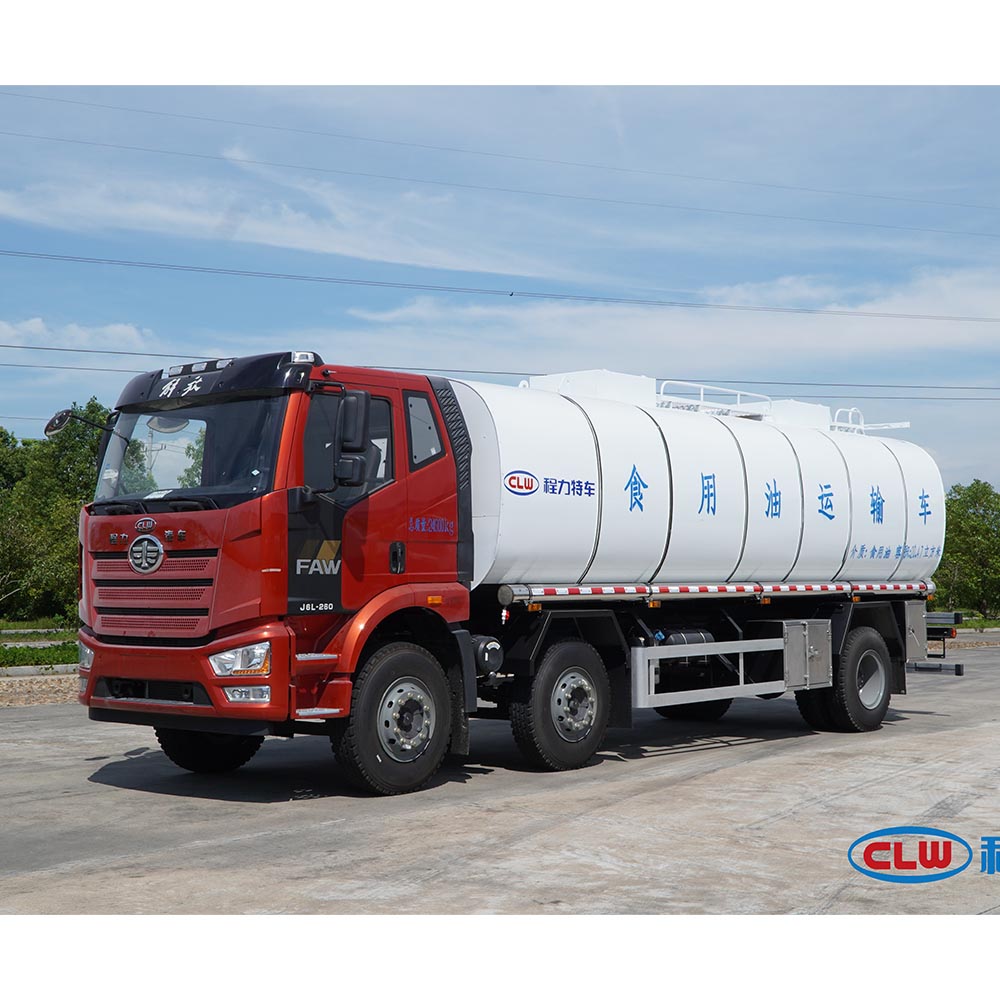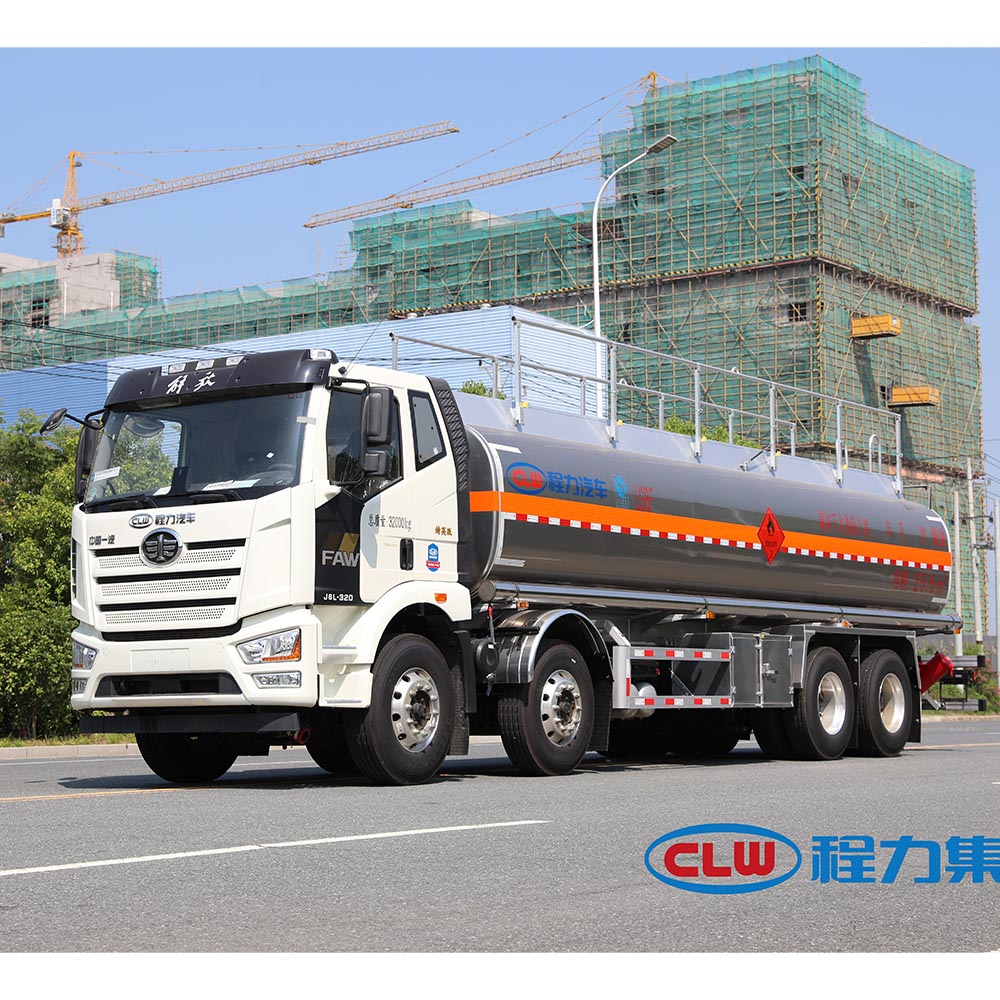-
Chengli Automobile Industrial Park
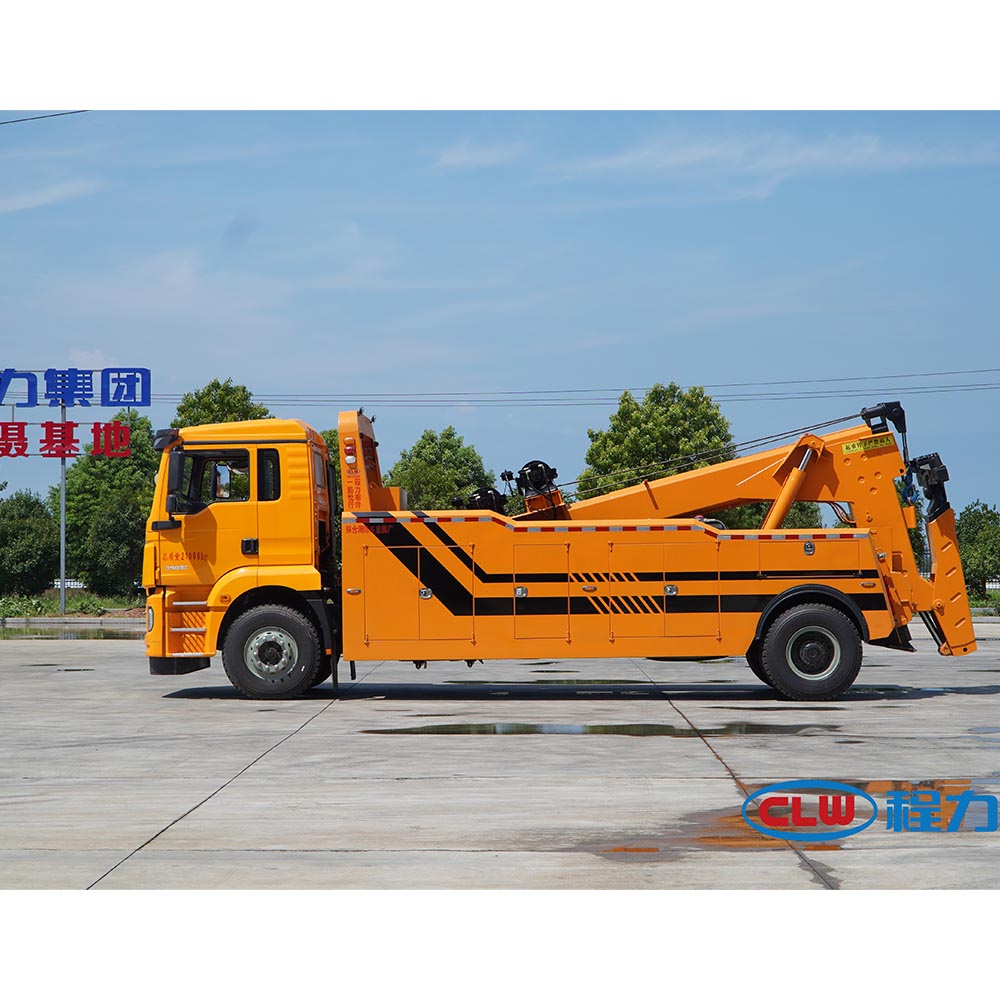
what does towing a vehicle mean
The Ultimate Guide to Understanding Towing and Transporting a Vehicle
This article provides a comprehensive overview of the towing industry, covering everything from the different types of towing and vehicles used to the laws and regulations that govern the industry. Whether you’re an auto dealer, manage a fleet of vehicles, or operate an auto repair shop, this guide will equip you with the knowledge you need to navigate the world of towing. It’s worth reading because it offers practical insights, actionable advice, and real-world examples that can help you make informed decisions and optimize your operations.
Table of Contents
What Are the Main Types of Towing?
Towing, at its core, is the process of pulling or hauling a vehicle or object, typically using a rope, chain, bar, or other forms of coupling. In the automotive world, towing generally refers to a tow truck or tow vehicle pulling another vehicle that is unable to move under its own power. There are many forms and types of towing, each suited for different situations. Tow can come in many forms, from roadside assistance for a broken-down car to heavy-duty towing for large commercial vehicles. It’s important to note that tow may involve specific equipment like a tow strap or a winch for effective recovery. I often get asked, “What’s the difference between towing methods?” Well, it boils down to the specific needs of the situation. For instance, flatbed towing is often preferred for transporting a vehicle long distances or when the vehicle is towed in a non-drivable state.
As a manufacturer, we understand that different scenarios call for different solutions. For example, recovery towing is crucial after an accident, while impound towing might be necessary if a car is towed due to legal reasons. Understanding these nuances helps us tailor our tow trucks to meet your specific needs. Also, we know the importance of adhering to laws and regulations, which can vary significantly by location.
- Light-Duty Towing: This is the most common type of towing and is used for standard passenger vehicles. Light-duty tow trucks are designed to handle cars, small trucks, and SUVs. A tow vehicle in this category might use a wheel-lift or a flatbed.
- Medium-Duty Towing: This category involves towing larger vehicles like delivery trucks, vans, and RVs. Medium-duty tow requires more robust equipment and a skilled operator.
- Heavy-Duty Towing: Reserved for the largest vehicles on the road, such as semi-trucks, buses, and construction equipment. Heavy-duty tow demands specialized tow trucks and highly trained operators. As industry experts, we emphasize that heavy-duty towing is not just about power; it’s about precision and safety. Our heavy-duty tow trucks are engineered to handle these challenges with ease.
What is a Tow Vehicle and What Are They Used For?
A tow vehicle is any vehicle equipped to tow another vehicle. Tow vehicles are typically trucks but can also include specialized vehicles like wreckers and flatbeds. The primary purpose of a tow vehicle is to transport another vehicle that cannot move on its own. This could be due to a breakdown, an accident, or simply the need to relocate the vehicle. It’s fascinating how diverse tow vehicles can be. We have designed everything from compact tow trucks for urban environments to massive wreckers for heavy-duty towing. Each tow vehicle serves a unique purpose, and that’s why I love this industry so much. We provide a variety of services that are essential for keeping our roads safe and clear.
Tow vehicles are essential in various scenarios:
- Breakdowns: When a vehicle breaks down, a tow vehicle can transport it to a repair shop.
- Accidents: After an accident, towing services are crucial for clearing the roadway and transporting damaged vehicles.
- Relocation: Tow vehicles are used to move vehicles from one location to another, for instance, from a dealership to a customer’s home.
- Impound: Vehicles that are parked illegally or involved in legal issues may be towed and impounded.
How Does Vehicle Towing Work?
Vehicle towing is a process that requires expertise, precision, and the right equipment. When a vehicle may need to be towed, a towing service is called. The tow truck driver assesses the situation and determines the best method for towing the vehicle. One time, I had to recover a vehicle stuck in a ditch. It was a tricky situation, but with our advanced winching system, we managed to pull it out safely. These are the moments that make me proud of the work we do. Tow requires careful consideration of the vehicle’s condition, weight, and the distance it needs to be transported.
Here’s a step-by-step breakdown:
- Assessment: The tow truck driver evaluates the vehicle and the surrounding environment.
- Preparation: The tow truck is positioned, and the appropriate towing equipment is selected.
- Hookup: The vehicle is secured to the tow truck using chains, straps, or a wheel-lift mechanism.
- Transport: The vehicle is towed to the desired location, such as a repair shop or impound lot.
- Release: Once at the destination, the vehicle is carefully unhooked and released.
What is the Difference Between Flatbed Towing and Other Towing Methods?
The difference between towing methods primarily lies in how the vehicle is secured and transported. Flatbed towing is considered one of the safest methods because the entire vehicle is loaded onto a flat bed platform, eliminating any wear and tear on the towed vehicle’s tires and drivetrain. From my experience, flatbed towing is the go-to choice for luxury vehicles or those that have been involved in an accident. It ensures that the vehicle may be transported without any further damage. I always recommend flatbed for long-distance moves, as well. With flatbed towing the entire vehicle may be placed on top of the flatbed so that it may not be moved at all.
Here’s a comparison table:
| Feature | Flatbed Towing | Wheel-Lift Towing | Integrated Towing |
| Vehicle Position | Entirely on a flat platform | Front or rear wheels lifted, other wheels on ground | Front or rear wheels lifted, other wheels on ground |
| Safety | Highest | Moderate | Moderate |
| Suitability | All vehicles, especially damaged or luxury cars | Standard vehicles, short distances | Heavier vehicles, short distances |
| Wear and Tear | None | Minimal on tires and drivetrain | Minimal on tires and drivetrain |
What Are the Laws and Regulations Governing Towing?
Towing laws and regulations are in place to ensure the safety of all parties involved and to maintain order on the roads. These laws can vary significantly by state, and even by municipality. Let me tell you, navigating these regulations can be complex. That’s why we work closely with legal experts to ensure our operations are always compliant. It’s crucial for tow companies and vehicle owners to be aware of these regulations to avoid legal issues.
Some common regulations include:
- Licensing: Tow truck operators must be properly licensed and insured.
- Private Property Towing: Strict rules govern when and how a vehicle may be towed from private property.
- Fees: There are often limits on the fees that tow companies can charge.
- Notification: In many cases, the property owner or local police must be notified before a vehicle can be towed.
What Should I Do If My Car Gets Towed?
If your car gets towed, it can be a stressful experience. The first step is to determine where your vehicle has been taken. We often advise people to first check for any posted signs indicating towing regulations in the area. Those signs should provide the name and contact information of the towing company. If no signs are present, contacting the local police department is the next best step.
Here’s what you should do if you find yourself in this situation:
- Stay Calm: Panicking won’t help. Take a deep breath and assess the situation.
- Locate Your Vehicle: Check for signs indicating where towed vehicles are taken. If none are present, contact the local police.
- Contact the Tow Company: Once you know where your car is, call the tow company to confirm its location and inquire about the fees and required documentation for release.
- Gather Necessary Documents: You’ll typically need your driver’s license, vehicle registration, and proof of insurance to release a vehicle.
- Pay the Fees: Be prepared to pay towing and storage fees. These can vary widely, so it’s best to ask for an itemized breakdown.
How to Choose the Right Towing Service?
Choosing the right towing service is crucial, whether you need roadside assistance or are planning a long-distance move. Factors to consider include the company’s reputation, the range of services they offer, their response time, and their pricing. It’s always a good idea to read reviews and ask for recommendations. I’ve seen firsthand how a reliable towing service can make all the difference in a stressful situation.
When evaluating a towing service, consider the following:
- Reputation: Look for a company with positive reviews and a strong track record.
- Services Offered: Ensure they provide the specific type of towing you need, such as flatbed towing or heavy-duty towing.
- Response Time: In an emergency, you need a company that can respond quickly.
- Pricing: While cost shouldn’t be the only factor, it’s important to get a clear understanding of the fees involved.
- Equipment: Make sure they have modern, well-maintained tow trucks and equipment.
What is Towing Capacity and Why Is It Important?
Towing capacity refers to the maximum weight a vehicle can safely tow. It’s a crucial factor to consider when choosing a tow vehicle or a trailer. Exceeding the towing capacity can lead to serious safety issues, including loss of control, brake failure, and damage to the tow vehicle’s engine and transmission. This is something we take very seriously in our manufacturing process. Every tow truck we produce is designed with specific towing capacity limits to ensure safe operation.
Here’s why towing capacity is important:
- Safety: Staying within the towing capacity limits ensures the safety of the driver, passengers, and other road users.
- Performance: A vehicle’s performance can be significantly affected when towing heavy loads. Adhering to towing capacity helps maintain optimal performance.
- Vehicle Longevity: Towing within the specified limits helps prevent premature wear and tear on the tow vehicle.
What is a Tow Hitch and How Does It Work?
A tow hitch is a device attached to the chassis of a vehicle for towing. It provides the connection point between the tow vehicle and the trailer or towed vehicle. Tow hitches come in various classes, each designed for different weight capacities.
Here’s a breakdown of tow hitch classes:
- Class I: Up to 2,000 lbs. towing capacity, typically for small cars and trailers.
- Class II: Up to 3,500 lbs. capacity, suitable for mid-size cars and small SUVs.
- Class III: Up to 8,000 lbs. capacity, commonly used for trucks and larger SUVs.
- Class IV: Up to 10,000 lbs. capacity, for heavy-duty towing with full-size trucks.
- Class V: Up to 17,000 lbs. capacity or more, used for the heaviest towing applications.
What is Vehicle Recovery and When Is It Needed?
Vehicle recovery is the process of retrieving a vehicle that is stuck, disabled, or otherwise unable to move on its own. This can involve a simple tow to a repair shop or a more complex operation, such as winching a vehicle out of a ditch or uprighting an overturned truck. Vehicle recovery is often necessary after an accident, but it can also be required in off-road situations or when a vehicle is stuck due to mechanical failure. I remember one particularly challenging recovery where we had to use multiple tow trucks and specialized equipment to extract a semi-truck from a ravine. It was a complex operation, but we got the job done.
Here are some common scenarios where vehicle recovery is needed:
- Accidents: Recovering vehicles involved in collisions.
- Off-Road Recovery: Retrieving vehicles stuck in mud, sand, or other challenging terrain.
- Breakdowns: Assisting vehicles with mechanical failures that leave them stranded.
- Weather-Related Incidents: Recovering vehicles affected by floods, snowstorms, or other severe weather.
How Can We Help with Your Towing Needs?
As a leading manufacturer of tow trucks, we understand the diverse needs of our customers. Whether you operate an auto dealership, manage a fleet of vehicles, or run a towing service, we have the expertise and equipment to meet your specific requirements. We offer a wide range of tow trucks, from light-duty flatbeds to heavy-duty wreckers, all built to the highest standards of quality and safety. We take pride in our innovative designs, advanced technology, and commitment to customer satisfaction.
Here’s how we can help:
- Customized Solutions: We work closely with our clients to understand their unique needs and develop tailored solutions.
- High-Quality Equipment: Our tow trucks are built using the best materials and components, ensuring durability and reliability.
- Expert Support: Our team of experienced professionals is always available to provide guidance and support.
- Comprehensive Training: We offer training programs to ensure your operators are skilled in using our equipment safely and efficiently.
- Ongoing Maintenance: We provide maintenance and repair services to keep your tow trucks in optimal condition.
- Financing Options: We understand that purchasing a tow truck is a significant investment, which is why we offer flexible financing options.
Our commitment to innovation sets us apart. We’re constantly researching and developing new technologies to improve the efficiency and safety of our tow trucks. For example, our latest models feature advanced telematics systems that provide real-time data on vehicle performance and location. This allows for better fleet management and faster response times in emergency situations. We’re not just selling tow trucks; we’re providing solutions that help our customers succeed.
We also believe in building strong relationships with our clients. We’re not just a manufacturer; we’re a partner. We’re here to support you every step of the way, from choosing the right tow truck to providing ongoing maintenance and training. We’re invested in your success because when you succeed, we succeed.
Our customers often tell us how much they appreciate our dedication to quality and customer service. One client, a large fleet management company, recently shared how our customized tow trucks helped them reduce downtime and improve their overall efficiency. Another customer, an independent towing operator, praised our training programs for helping his team handle complex recovery operations with confidence. These stories inspire us to keep pushing the boundaries of what’s possible in the towing industry.
We understand that the towing industry is constantly evolving, and we’re committed to staying ahead of the curve. We’re actively exploring new technologies like electric and autonomous tow trucks, and we’re always looking for ways to make our products more environmentally friendly. We believe that the future of towing is bright, and we’re excited to be a part of it.
If you’re looking for a reliable partner to meet your towing needs, look no further. Call today or visit our website to learn more about our products and services. Let us show you how we can help you achieve your business goals with our state-of-the-art tow trucks and unwavering support. Remember, when you choose us, you’re not just getting a tow truck; you’re getting a partner who is dedicated to your success.
FAQs
What is the difference between a tow dolly and a tow bar?
A tow dolly lifts the front wheels of the towed vehicle off the ground, while a tow bar allows all four wheels to remain on the ground. Tow dollies are typically used for front-wheel-drive vehicles, while tow bars are often used for vehicles with manual transmissions or four-wheel drive.
Can any vehicle tow a trailer?
No, not every vehicle is designed for towing. It’s crucial to check the vehicle’s owner’s manual to determine its towing capacity and whether it’s equipped to tow a trailer. Attempting to tow with an unsuitable vehicle can lead to serious safety issues and vehicle damage.
What should I do if I’m involved in an accident and need a tow?
If you’re involved in an accident, first ensure everyone’s safety and contact emergency services if necessary. Once the situation is under control, contact a reputable towing service to recover your vehicle. If you have roadside assistance coverage, your provider can arrange a tow for you.
How long can a car be stored in an impound lot?
The length of time a car may be towed and stored in an impound lot varies depending on local laws and regulations. Generally, impound lots will hold a vehicle for a certain period, after which they may be authorized to sell or dispose of it. It’s essential to contact the impound lot as soon as possible to avoid losing your vehicle.
Is flatbed towing more expensive than other methods?
Flatbed towing can sometimes be more expensive than other methods, such as wheel-lift towing, due to the specialized equipment and added safety it provides. However, the cost can vary depending on the towing service, the distance being towed, and the specific circumstances. It’s always best to get a quote upfront.
What type of maintenance is required for a tow truck?
Tow trucks, like any other vehicle, require regular maintenance to ensure they operate safely and efficiently. This includes routine engine and transmission servicing, brake inspections, tire rotations, and checks of the hydraulic systems used for lifting and towing. Specialized towing equipment, such as winches and booms, also need regular inspection and maintenance.
Conclusion: Key Takeaways
- Towing involves various methods, each suited for different situations, from light-duty to heavy-duty towing.
- Tow vehicles are essential for transporting disabled vehicles, assisting in accidents, and relocating vehicles.
- Flatbed towing is generally considered the safest method, especially for long distances or damaged vehicles.
- Laws and regulations governing towing vary by location and must be adhered to by both tow companies and vehicle owners.
- Knowing what to do if your car is towed can save you time, money, and stress.
- Choosing the right towing service involves considering factors like reputation, services offered, response time, and pricing.
- Towing capacity is crucial for safety and vehicle longevity.
- Tow hitches come in different classes, each designed for specific weight capacities.
- Vehicle recovery is necessary in various situations, including accidents, off-road incidents, and breakdowns.
- As a leading manufacturer, we offer customized, high-quality tow trucks, expert support, comprehensive training, and ongoing maintenance.
Ready to upgrade your fleet with top-of-the-line tow trucks? Contact us today to learn more about our products and services!
Here are some internal links using semantically relevant anchor text:
- Learn more about our Aluminum Alloy Oil Truck 25.5m³ for specialized transport needs.
- Discover the efficiency of our Chengli D9 Water Tank Truck 12.37m³ tank.
- Check out our Explosive equipment transport truck for safe and secure transport.
- See our High-Capacity Carbon Steel Refueling Truck for your refueling needs.
- Explore the features of our Tow Truck – Powerful & Versatile Roadside Assistance.
- Consider our Chengli Brand Pure Electric Sweeper Truck for environmentally friendly cleaning solutions.
